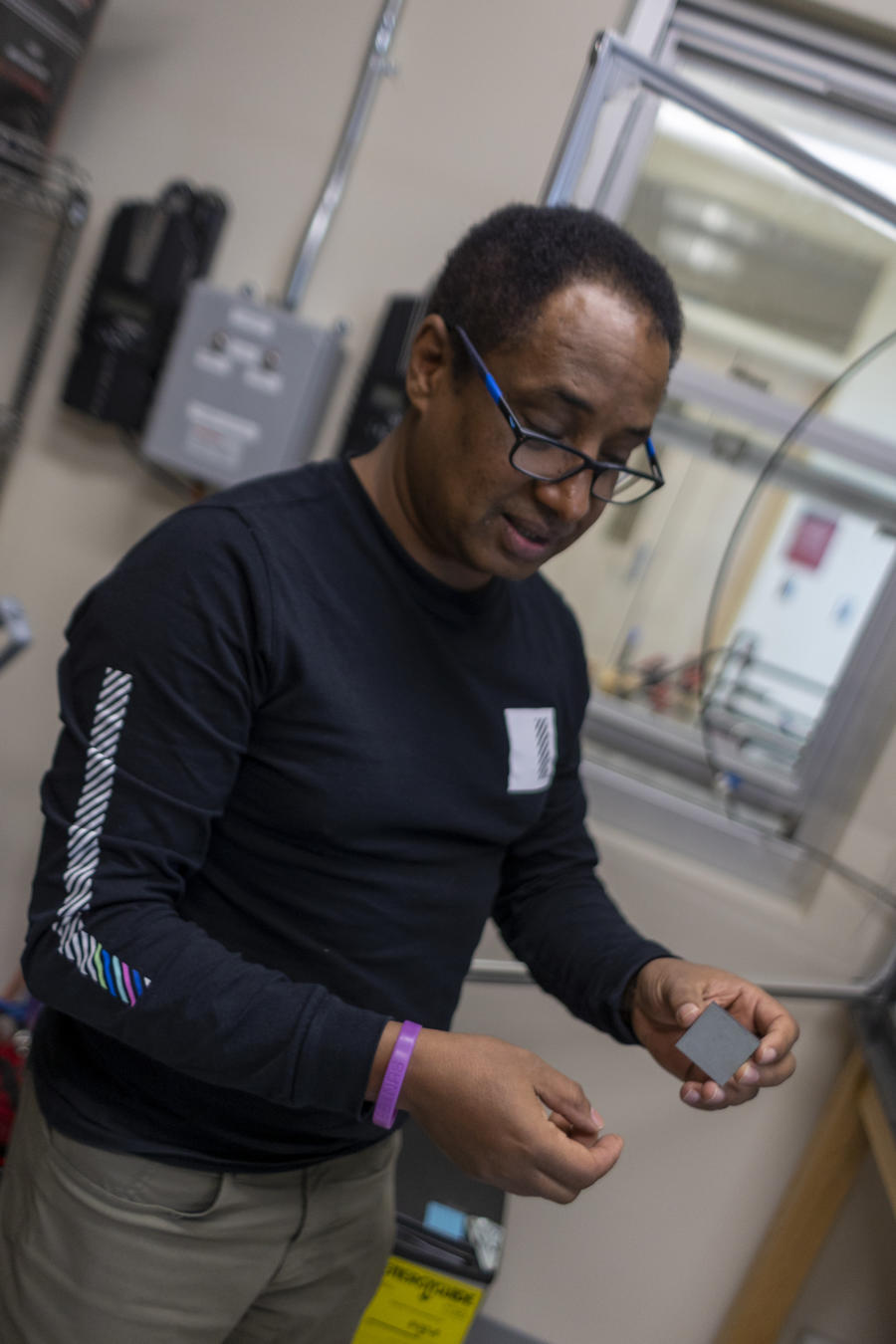Building Alaska's STEM Capacity
Alaska NSF EPSCoR improves scientific research capacity and broadens participation in science, technology, engineering and mathematics (STEM) in Alaska by engaging in research projects supported through National Science Foundation and state funds.

Navigating Variability in Boreal Wildfire Regimes and Subarctic Coastal Ecosystems
Alaska EPSCoR's current five-year project, "Fire and Ice," studies climate-driven changes to wildfire regimes in the Alaska boreal forest and glacial runoff influences on coastal ecosystems in the Gulf of Alaska.
At the Interface of Change
NSF has announced the sixth Alaska NSF EPSCoR Track-1 award

Alaska EPSCoR project director Brenda Konar, left, and postdoctoral researcher Brian Ulaski, right, prepare to survey an oyster mariculture farm in Simpson Bay near Cordova.
The National Science Foundation has awarded $20 million to the University of Alaska to investigate climate change effects on culturally and commercially important marine species in the Gulf of Alaska.
Interface of Change is the sixth five-year, multimillion dollar project directed by the Alaska Established Program to Stimulate Competitive Research, a statewide program administered at the University of Alaska Fairbanks since 2001 and funded by the NSF.
The project will unite 23 researchers from UAF, the University of Alaska Anchorage and the University of Alaska Southeast. They will partner with eight Gulf of Alaska communities: Seldovia, Halibut Cove, Homer, Cordova, Valdez, Juneau, Haines and Klukwan.

Barnette Magnet wins first place in Alaska Science Olympiad
February 28, 2024
The Barnette Blazers of Barnette Magnet School in Fairbanks won first place in the 2024 Alaska Science Olympiad on Saturday, Feb. 24.

Univeristy of Alaska engineering researchers receive 2 of 10 Track-4 awards
October 06, 2023
Il-Sang Ahn and Getu Hailu each received $300,000 EPSCoR RII Track-4 awards to fund research and development of technologies that would aid in space exploration.
What is it really like to publish research?
October 02, 2023
As Fire & Ice winds down, many of our researchers are sifting through data and writing up manuscripts. Here’s what fellow EPSCoR researchers have shared about writing and publishing from their personal experiences, some with many years of experience and some just getting going.
Upcoming Events
-
Apr8-9
Hosted by Alaska EPSCoR, with special guest Kelvin Chu of The Implementation Group





